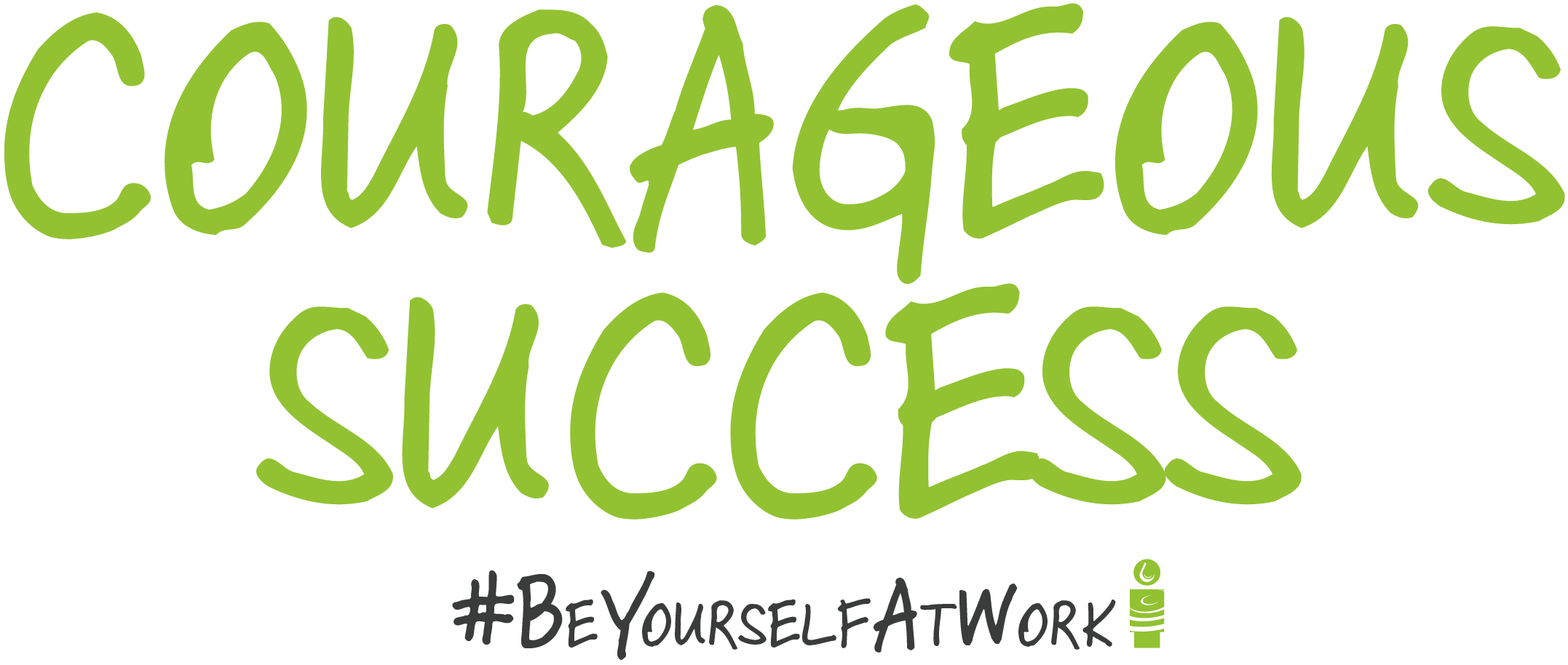“57% of employees are often afraid to voice ideas to management about how their role or the business could be improved.’’
HR Magazine this week. quoting research by IT and services company Vevox. Along with;
“30% of respondents said they either lacked confidence or the opportunity to contribute to company meetings. ”
!!! Do you speak up and share your thoughts, ideas and challenges? Or are you conforming and sitting on the fence? If you’re a leader or manager, how do you tactically encourage speaking up?
The statistics above show that people are either afraid, or lack the confidence to speak up at work.
Many businesses struggle with communication and finding effective ways for people to speak up for what’s right. It drives me crazy when I see “Assertiveness” training or “Communication Styles” workshops. Every single person that I have ever met can speak. It’s their head, and perhaps you, that gets in their way…ouch (I spoke up!).
Managers & leaders can appear scary or unapproachable if they conform to bossy hierarchy and status. There are many commentators on business culture who highlight that support and training for new managers is lacking. In our experience, it’s exactly this old-fashioned training approach to “communicating” that stifles culture and people’s confidence. In new managers and new team members, it can create self-consciousness, and conforming to an outdated view of what we think our ‘style’ needs to be to impress others. Urgh! (Sorry bit of a rant..but actually I am just speaking up).
This week, on my travels down under, I hear of yet another global company profiling people (“we are assessing them”), and telling them where they are going wrong. It all adds up to a recipe for “performance culture”. An environment where people feel that they need to know all the answers and can’t show vulnerability or weakness, leading to the use of ‘prove it’ strategies and demanding that their way is the best way. This unhelpful behaviour then reduces agility and business performance. People end up feeling disconnected from the business, when they are the business. If we didn’t start this whole cycle in the first place, we’d be more agile naturally. We’d speak up. We’d use our diversity. We’d lead inclusively. Buzz word buzz word! Are leaders scared that if “performance culture” doesn’t lead the headlines, that all the numbers will slide? We consistently see that the opposite is true.
If we don’t speak up, things never improve, and people don’t get feedback. Staying quiet and not speaking up is a recipe for culture, experience and often business performance to go stale or take a downturn.
The research in this week’s HR Magazine also asked people what process they would like to assess and develop ideas and the most popular idea (41%) was a suggestion box, (!) such an anonymous method, which means ‘I don’t have to engage with anyone’, only 28% said they wanted ‘engagement with the management team’. More blog fodder for next week!
We’ve quoted research before from HBR that, ”companies that communicate effectively have a 47% higher return to shareholders over a five-year period.’’ The Vevox research found that 55% of employees would feel happier if management listened to and addressed more of their ideas.
So how to stop all of this and create a speak up culture? You have to be brave. You have to be courageous. You have to start it. You have to choose to be authentic.
Will you up your game today?
Here are some tips to boost how you and others speak up at work;
- Ignore or ditch the assessments. Instead show others around you that you believe in them. Believe in yourself. With the aim of freeing constraint.
- Sing like you would in the shower. (You don’t want to hear me!) We sing freely because we are not being watched and forget that we can be heard! Next meeting, imagine you are in the shower and lose the self-consciousness.
- Surprise the people who work for you by not reacting negatively to mistakes or taking a formal approach when things haven’t gone perfectly. Instead get fascinated and list the lessons learnt. You’ll remove the sensitivity and blame culture, and grow trust.
- Just because you are speaking up doesn’t mean that you have to be “assertive” (I hate the use of this word in learning and development). Just be you as you speak up. Don’t push. Just say it.
- Listen when others speak. The vast majority of us don’t really listen. We are too busy listening to ourselves and our own opinions. We know when someone is not actually listening and present. If this is you, you need this blog. Listen and ask others to listen to you, when you feel that they are not.
- #BeYourselfAtWork
